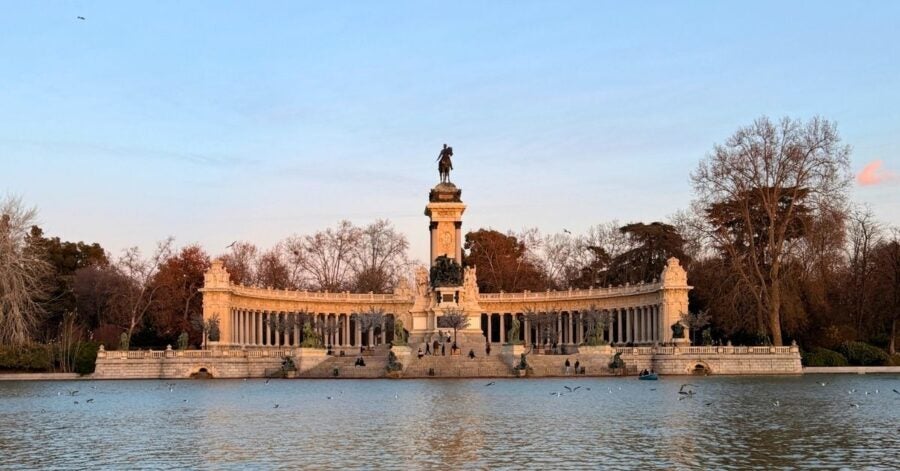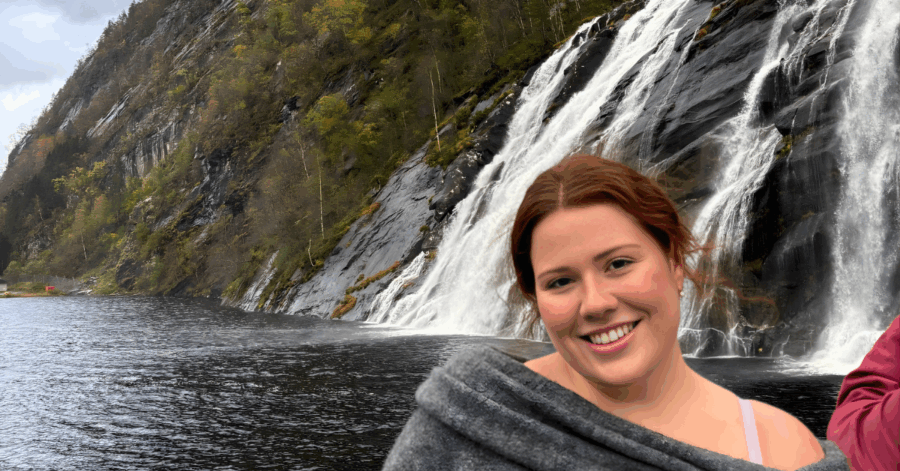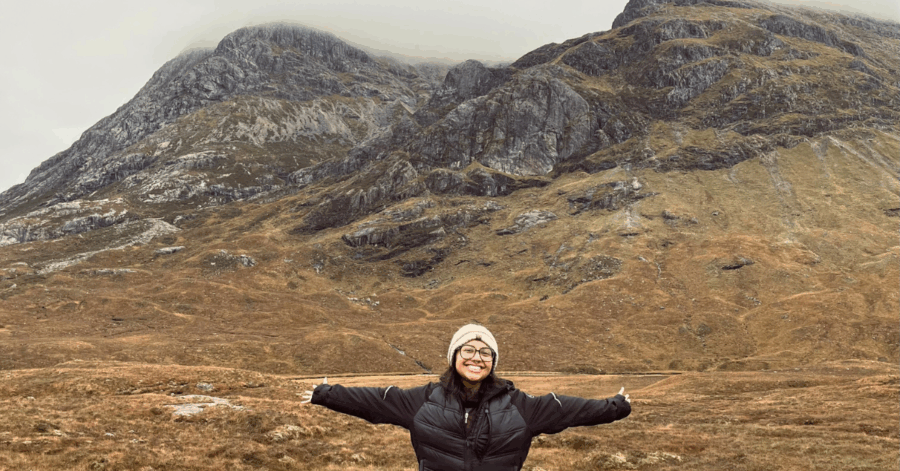Rome, the city that saw empires rise and fall, the city that bore monuments for millennia, never rushed me. The days went fast, the sun burned hard, but the dinners were long, the movies plentiful, and the rounds of Uno games endless. The daily rituals were pressed like lemons into water — refreshing and rejuvenating. The city was quick to become familiar as novelty became patterns. The cobblestones, the graffiti, the monuments — each became a waypoint in a new chapter of self-discovery and academic progress.


The cicadas purring in the Roman wind sound like the ones in Texas. The sun feels the same too, cracking my skin on the Appian Way as it does on Speedway. Rome wasn’t so different from Austin, despite its initial surprises. The city gave me a crossroads and an opportunity to explore new spaces, but it was full of signposts — whether from my tutors at St. John’s or a helpful nonna on the public bus.
As a rising senior, with three years behind me, I wanted my time in Rome to be a trial run for the shifts inherent to post-grad life. I felt like a sponge — or maybe even one of the Roman seagulls constantly watching for a stray French fry. I wanted to observe everything in hopes of finding something with real substance. Within the Rome Institute of Liberal Arts (RILA) program, I wanted to absorb, reflect, and learn. In a space I hoped would lead to newfound self-security, I asked: What patterns remained consistent, and what shifted?


Though far from home, a schedule quickly settled in Rome. Ancient stones were beneath my sandals, and modern blisters clung to my feet. They calloused until my feet felt like marble too. Something about the rituals — walking to class and back, napping during the hottest hours, followed by dinner, cards, movies, and of course, procrastination — gave everyone a regularity we hadn’t anticipated. Possibly a script we didn’t even have back home.
This script bloomed outside Roman walls, too. The program was full of weekly excursions — whether visiting the Vatican Museums, hiking in Tuscany, or devouring both pizza and paintings in Naples. There was more time to connect, more space to connect — whether with the places, the people, or myself. And in that leisure, I refocused on academic passions like poetry in our readings or language skills in an Italian class.
As a double major in history and international relations, with hopes of working in a museum that balances preservation and progression, the course material solidified my professional inclinations. Most significantly, the coursework —studying political origins and ideals through discussion-based seminars — allowed for growth through pattern recognition. Rather than participating to prove my worth, I learned how to help the group move toward a communal understanding. Maybe that shift wasn’t coincidental. After all, the Romans were community-centered individuals.

Of course, there were moments of surprise that jarred the regularity I’d come to depend on. Sprints to late-night buses, train strikes, busy restaurants, and dead phones were all haphazard. Moments like these left me feeling as though Rome had shuffled me the same way my roommates mixed the Uno cards after dinner. But you get used to the change. Your calves get stronger. Your train literacy improves. You pick up a few words like “Cinque per l’interno”—“Five for inside”—and you buy a portable charger. You learn to adapt and fill the space you’re given, as long as you’re open to it. And in a space as expansive as studying abroad, that openness is key. It’s a trust rooted not in the place or experience itself, but in yourself. It’s trust in your ability to guide yourself toward what’s best — and away from what’s not. Even if that’s as simple as skipping a morning cappuccino after week two because you’ve realized it makes you too jittery for class.

When the TV turned off after a final karaoke session, when the camera lens was capped, and promises were sworn about visits and dinner parties back home, what made the trip significant? Why did it feel like a sunburn to say goodbye? Time was well spent. Grace was freely given. Personal lessons were learned. Rome became more than ancient stones and monuments; it became a conduit for growth. Rome was not an echo of a glorious past, but a living force inspiring values of community, courage, and justice still present in the world today.
So, for anyone sensing a shift in their future — something that feels rushed and unsure — think about studying abroad, in Rome or elsewhere. The steady rhythms of a scheduled lifestyle will ground you, while the unexpected adventures will challenge you. At these crossroads, you’ll be given a chance to witness which parts of yourself remain steady, which are ready to evolve. You’ll discover that you’re far more adaptable, capable, and brave than you ever imagined.
This post was contributed by Georgia Fuchs, a Global Ambassador for Summer 2025. Georgia is a Senior studying abroad at the Rome Institute of Liberal Arts-Special (RILA) in Rome, Italy






Your Grandpa Lou (btw he is “Luigi” to me) read this aloud to me this morning, 9/9/2025, over coffee at a local Dunk. He didn’t tell me who wrote it…until I couldn’t stand the suspense any longer. Finally, he sent me a copy to the link because I wanted to read it again, at my own leisure. He’s got a great piece he wrote while alone on a train in Northern Italy. Get him to send you a copy–it’s not typed, but in his gracious/compassionate long-hand!! Writing well and sensitively is in your blood and genes. Thank the Universe, Georgia. Carl.